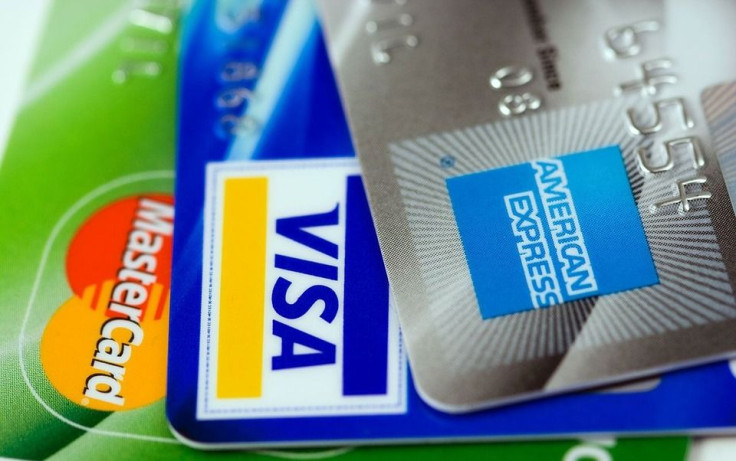Are Credit Card Issuers Cutting Back on Perks and Rewards?

If you are looking for an easy way to earn $100 in bonuses, reward credit cards might be a great idea. Earning a little money while doing your everyday spending sounds perfect, after all, everyone likes to get something for nothing. However, if you are not careful, your rewards credit card might, in fact, deliver absolutely nothing for something.
Because there are many rewards credit cards available on the market, choosing the right one might be challenging, especially considering the fact that there are a few major holes in the system that might lead to the downfall of credit card rewards.
There are three main types of credit card rewards: points, cash, or miles. The most popular and straightforward of the three types mentioned above is the cash reward. However, it is worth mentioning that cash rewards are not always literal, as you will not be able to get the money directly. Instead, the cash rewards can be used as a credit in your account that can be used to purchase goods and services.
In some cases, you will get a deposit in your bank account or a check whenever you wish to redeem your reward. Cash rewards can also be redeemed as gift cards when the issuer has a partnership with certain merchants. As a general rule, credit card rewards can only be redeemed in increments that have a minimum value of $25 or more. In the US, credit cards that offer cash rewards are known as cash-back credit cards and more than 40 percent of American credit card holders own at least one.
The second most popular rewards credit cards are the point rewards cards. Point rewards credit card owners get a preset number of points per dollar. Points can generally be used to redeem certain services or goods. Depending on the credit card company, holders might also be able to use their points to buy gift cards, change to points for cash, or use the points for travel. Gift cards are usually the most profitable way of using credit card points, as the majority of merchants will give substantial discounts.
And last but not least, rewards credit cards holders can get travel rewards or miles whenever they spend a certain amount of money. These miles can usually be used to redeem airline tickets or to get discounts at different hotels. The number of miles that can be earned will normally vary based on the credit card issuer. Additionally, the minimum number of miles needed in order to be able to purchase a plane ticket varies based on the flier program. Credit card holders are sometimes able to use their miles for other programs but some of the miles will probably be lost in translation.
At first glance, rewards credit cards might seem too good to be true and they are. Gone are the days when credit card holders were able to redeem almost everything with reward points or cash. According to CreditCards analyst, Matt Schulz, banks have become concerned that the credit card rewards competition might become less profitable than intended.
Bill Hardekopf, LowCards’ founder has a similar opinion to Matt Schulz. According to him, credit card companies are starting to realize that they might have to deal with an unstable future. Consequently, some of the perks that credit card holders have enjoyed so far might disappear.
For example, card industry specialists have noticed one of the most popular credit card issuers – Discover – have discarded the purchase protection, product warranty and car rental coverage for the holders. Chase Sapphire Reserve is also eliminating some of its perks such as the holders’ ability to earn three reward points per dollar for the first $300 that the holder spends on travel. After the recent changes, the credit card holders will start receiving the three reward points only after the first $300 are spent.
Another credit card company – Citi – will also eliminate some of its price protection features. According to NerdWallet analyst, Kimberly Palmer, we can now notice an overall trend towards reducing and eliminating features and benefits on the part of issuers.
For now, using rewards credit cards will still be profitable for most credit card holders, but things might change in the not so distant future. Hardekopf notes that if we look around and do some research, we can still find some great values. He also adds that before settling for a credit card program, it is highly recommended to shop around and to make sure that we get the best possible deals in the existing circumstances. We should also pay attention to the quarterly changes made by issuers to card rewards programs in order to be up-to-date with how the biggest rewards can be earned.
Finance specialists and analysts are not yet sure whether the credit card rewards will stop existing in the near future or not. However, they all agree on one thing – credit card issuers are cutting back on rewards and perks, making it more difficult for credit card holders to get substantial rewards.
NOTE: This article is a contribution and do not necessarily represent the views of IBTimes.











